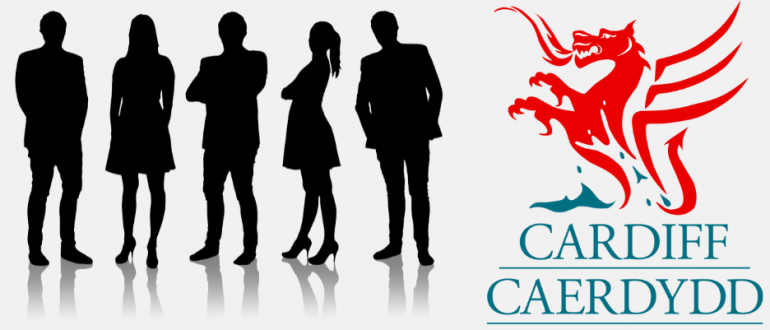What needs to be done to encourage people from underrepresented groups to stand?
CARDIFF Council has a higher percentage of female councillors than the English and Welsh averages – but still lags behind the Senedd.
With 36% women, Cardiff Council is above the Welsh average of 28.8% female councillors. The Senedd has 43% women.
There are several barriers to women entering local politics. The time of meetings is often incompatible with jobs and family life and women first have to be selected to stand by political parties.
Laura McAllister, Professor of Public Policy at Cardiff University, said: “The nature of local government meetings happening during the day or late at night means they don’t suit women or men with families.”
The Diverse Council Declaration, which was passed at the last full council meeting on January 27, stated it would “encourage and enable people from underrepresented groups to stand for office”.
The Liberal Democrats have the lowest percentage of female councillors of any of the major parties in Cardiff Council, with just two female elected members.
Councillor Rhys Taylor is the leader of Cardiff Council’s Liberal Democrats. He said: “On a local level the party is behind on gender representation. I will be the first person to admit that we are not doing enough, we haven’t done enough, and we need to do much, much more.”
For this year’s elections, Cardiff’s Liberal Democrats had a mentoring initiative to encourage people from underrepresented groups to stand as councillors.
The voluntary mentoring scheme was made available to all members of the party.
Those who took part were paired with former councillors, former members of the Senedd and senior party members. Mentors gave guidance and an opportunity for potential candidates to discuss how selection works and what it is like to campaign.
Other parties have similar schemes, but the political parties have the final decision in selecting who will stand for them in each ward.
Coun Taylor said: “Though there are problems with the broader political environment, seeking selection is the hard part. If you don’t get a diverse group of candidates at this stage, then the public cannot elect them.”
Professor McAllister said: “Political parties are the gatekeepers. They tend to be dominated by men, so unless there is positive action with specific quotas for gender representation then it can be very hard for a woman to be selected.
“When they are, they are often selected for a seat which is not winnable.”
In the declaration, the report also stated: “We will provide flexibility in council business and activities to support elected members and allow them to meet their personal, professional, cultural and caring commitments and responsibilities.”
Since the pandemic, most council meetings have been held remotely. Remote meetings may be a step towards improving access for women, as reducing travel times leaves more time for other responsibilities.
However, some studies suggest that women may feel less able to speak out at online meetings. Balancing childcare and other responsibilities may be more difficult without the physical separation between home and work life.
Professor McAllister said: “It is vital that women are involved in local government because it provides some of the most important public services that affect women’s lives – street safety, education, social services, libraries, sport. These things also affect children, which is important since women still do the lion’s share of childcare and child nurturing.”
She added: “In local government there are more opportunities for women in some sense, it can be hard to get candidates so there needs to be a big education campaign and structural change to make local authorities more welcoming places for young women and women with families.”



